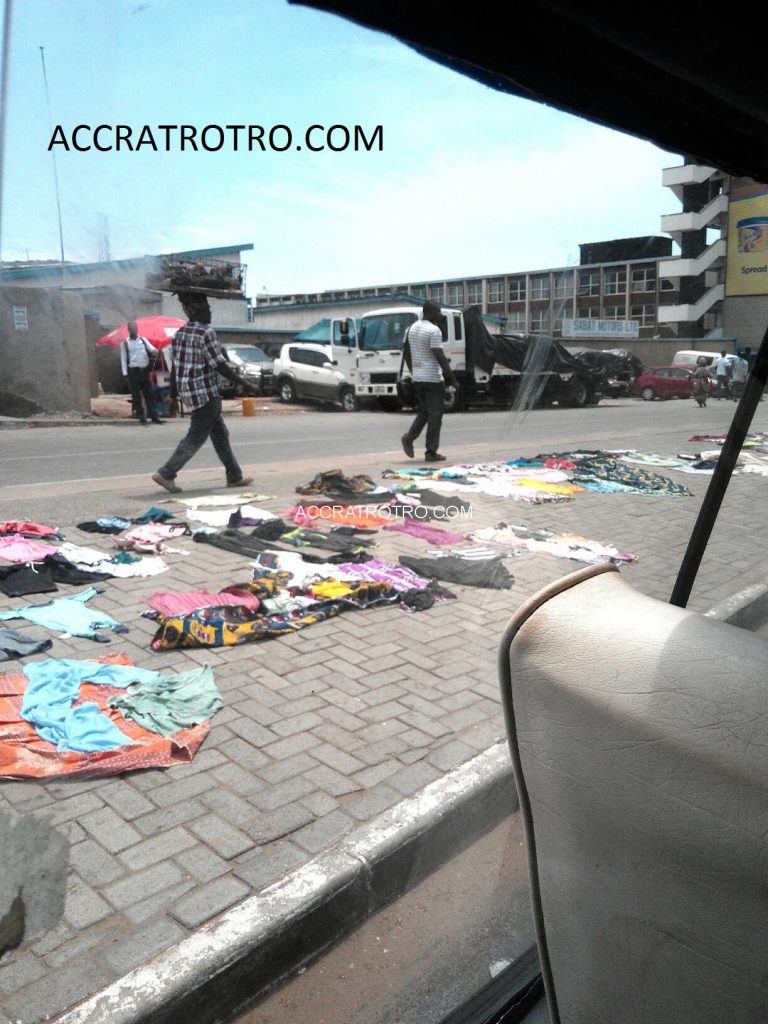Accra trotro fares are determined by the transport unions and government. It is a non binding mutual agreement to which both parties commit for their welfare. The transport unions operate at bus terminals provided by the government so they benefit from the government. Governments on the other hand avoid arbitrary and chaotic Accra trotro fares fixing which could ricochet as insensitivity by government and lead to criticism.
Frequency of revision
Accra trotro fares concluded by the parties used to be done biannually till 2017 when the newly elected NPP party reneged on such arrangements, apparently due to the fact that an increment would lead to criticism from the populace. Such denials have infuriated the transport operators who complain that continued cost of operations makes them incur losses when fares become static.
A vivid instance of this discrepancy was demonstrated when trotro buses were ordered to reduce passenger capacity at the onset of covid 19 but retain fares. The directive exacerbated the distrust and fury towards government. Resultantly, some operators ceased services.
Parameters for establishing fares
To establish how much Accra trotro fares should be, the cost of maintenance, replacement parts, fuel, levies, and other operator expenses are considered. The transport unions propose an increment percentage to offset the cost of operation. After agreement, both parties make a public declaration and print the new prices for their Union members.
Format of fare handouts
There are two types of handouts the unions distribute to their membership. One version displays how much the percentage increase results on a new charge without reference to destination. Something like
Old fare 3 Ghana cedi
New fare 4.50 Ghana cedi
Old fare 5 Ghana cedis
New fare 6.50 Ghana cedis
The other version is destination specific. Like
Mallam to Kaneshie 3 Ghana cedis
The second handout on the Accra trotro fares do not state the old price. It just tells how much it cost now. Drivers keep both to explain to passengers how new fares were arrived at. The second sheet also facilitates memorizing by conductors and passengers.
How commuters react to fare increases.
Accra trotro fares increment result in arguments between the transporters and passengers. Commuters who are unaware of the news of the increment may insist on the old price. Those who are aware of the new fares may find the calculation of the percentage increase erroneous and engage in debates with the conductors. Some renegade drivers may set arbitrary prices to protest low percentage increase and find opposing views from passengers.
